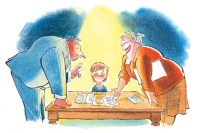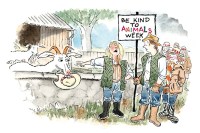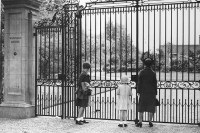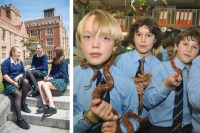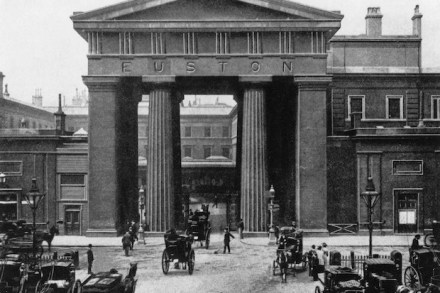Do your own thing
Since its launch in September 2008, the Extended Project Qualification (EPQ) has proved enormously -popular across the country. While all types of school have entered candidates, independent schools have been particularly enthusiastic. In its first year, just 27 independent schools offered this course of study — which is a sort of mini-thesis on a subject of the pupil’s choice — and they entered only 125 candidates. By last summer, 242 independent schools were offering it, with 2,423 of their pupils submitting work. It was therefore no surprise to read Barnaby Lenon, chairman of the Independent Schools Council and former headmaster of Harrow, extolling its virtues in a recent Daily Telegraph




